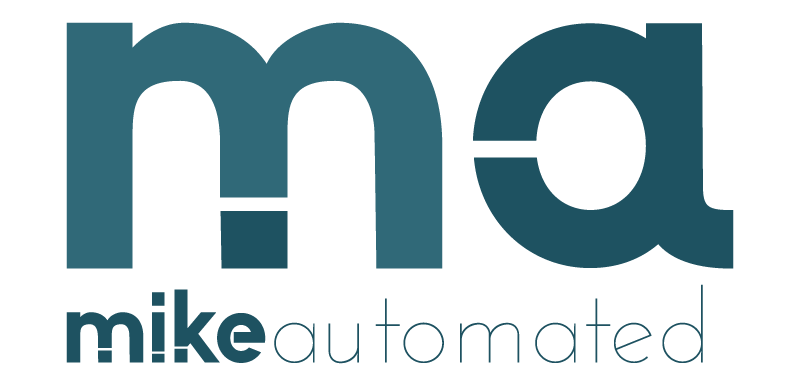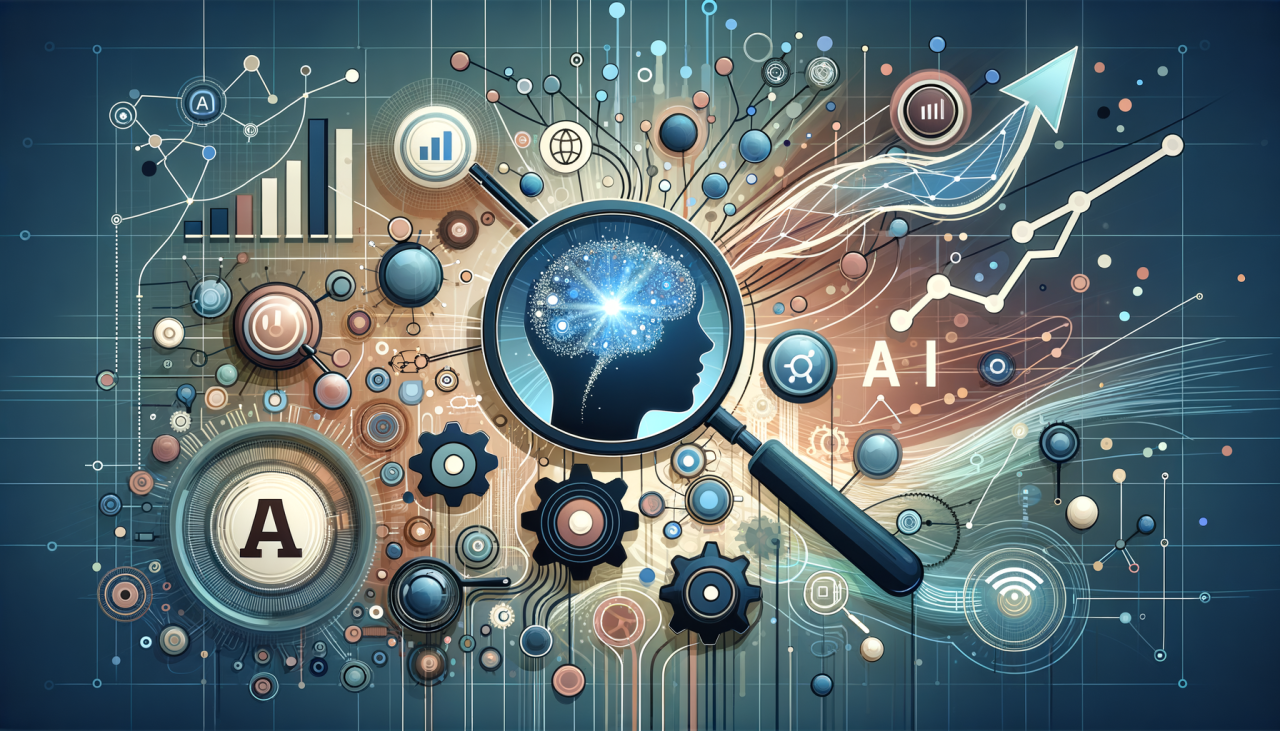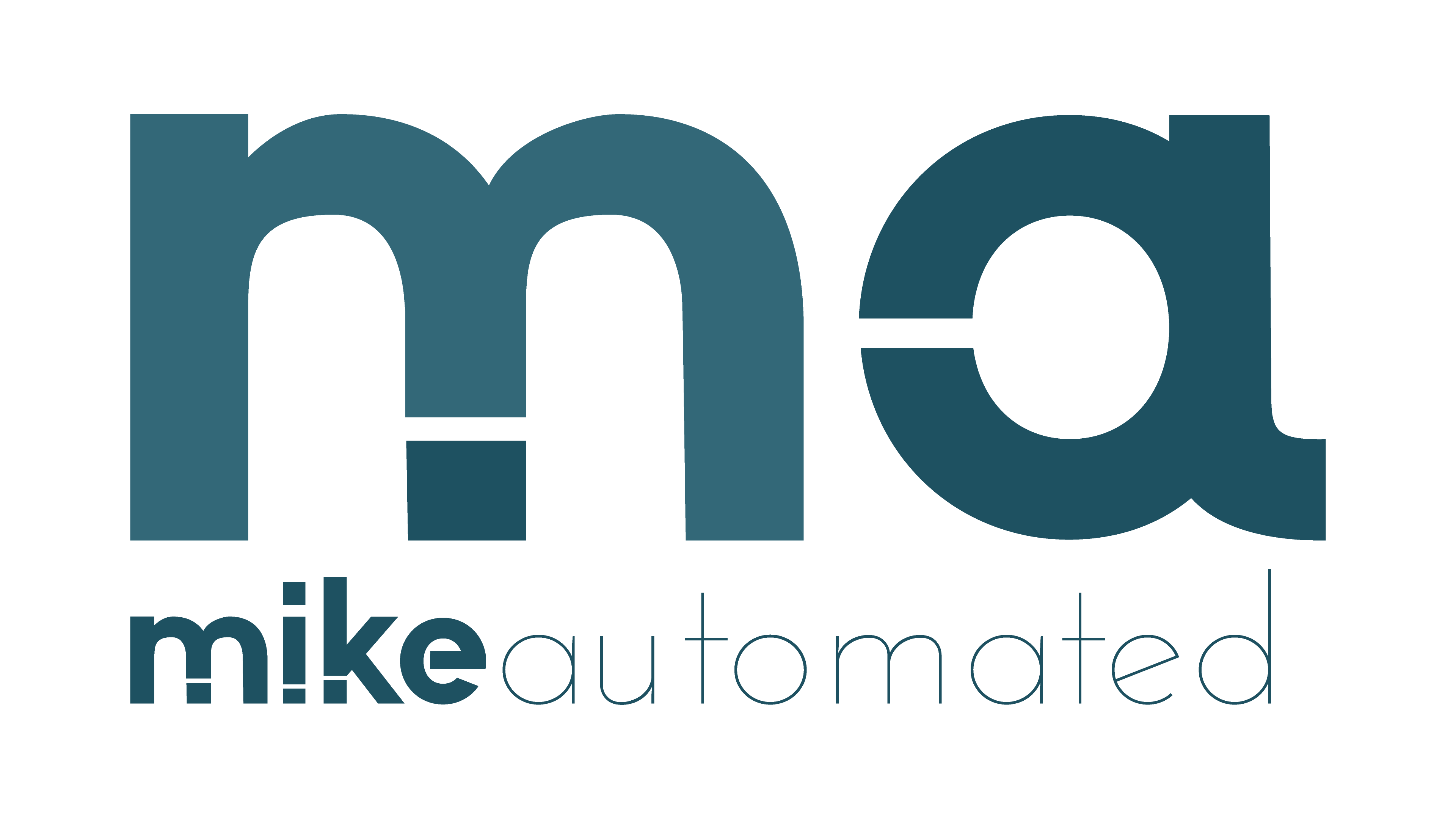TL;DR Summary:
- AI-driven marketing uses artificial intelligence to improve marketing strategies and outcomes.
- It enables businesses to analyze data, personalize campaigns, and automate repetitive tasks.
- Key tools include predictive analytics, chatbots, and customer segmentation powered by AI.
- Benefits include better customer insights, improved productivity, and higher ROI.
- AI adoption is accessible for businesses of all sizes, with tools available for various budgets.
What is AI-Driven Marketing?
AI-driven marketing uses artificial intelligence technologies to optimize marketing processes, analyze data, and make informed decisions. Instead of relying solely on human intuition, AI allows marketers to process vast amounts of data at scale and in real-time. Common AI applications in marketing include recommendation engines, chatbots, predictive analytics, and automated email outreach. By leveraging machine learning, natural language processing, and advanced algorithms, businesses can better understand customer behavior and preferences, leading to more customized and impactful campaigns.How AI Works in Marketing
AI-driven marketing combines several technologies and techniques:- Machine Learning: This allows AI to learn from data patterns and refine strategies over time. For example, recommendation systems in e-commerce sites use machine learning to suggest products based on past purchases.
- Predictive Analytics: AI models analyze historical data to predict future outcomes. For marketers, this means identifying trends, forecasting sales, or understanding customer churn risks.
- Natural Language Processing (NLP): NLP helps AI interpret human language. This is key for powering chatbots, sentiment analysis, and voice-based interfaces like Alexa or Siri.
- Automation: AI automates repetitive tasks such as email scheduling, ad bidding, or campaign optimization, freeing marketers to focus on strategy.
Why is AI Important for Marketing?
AI is more than a trend—it’s a fundamental shift in how businesses interact with customers. Here’s why it matters:- Efficiency: Automating tedious tasks reduces workload, saving time and resources.
- Personalization: AI can deliver hyper-customized content to individual users, improving engagement. For example, Netflix’s movie recommendations are a direct result of AI personalization.
- Data-Driven Decisions: Marketing strategies based on AI insights are generally more effective than those based solely on intuition.
- Scalability: AI applications can handle large data sets and processes at scale, making it possible to manage growing marketing efforts seamlessly.
- Improved ROI: With precise targeting and optimization, AI reduces wasteful spending and increases return on investment.
Examples of AI-Driven Marketing Tools
The world of AI marketing tools continues to expand, creating exciting opportunities for businesses. Here are a few key examples:1. Predictive Analytics Platforms
These tools analyze existing customer data to predict future behaviors and outcomes. For instance, platforms like Salesforce Einstein help businesses identify high-value leads and anticipate customer preferences.2. Chatbots
AI-powered chatbots provide instant responses to customer queries, improving support and engagement. Tools like Intercom or Drift integrate chatbot technology for seamless user experiences while collecting valuable insights.3. Marketing Automation Software
Platforms such as HubSpot or Marketo use AI to automate email campaigns, lead scoring, and customer segmentation. Automation ensures timely, personalized communication without manual intervention.4. Recommendation Engines
E-commerce companies like Amazon and Spotify use AI to recommend products or content based on user behavior and preferences, driving better engagement and sales.5. Social Media Tools
Social listening tools such as Hootsuite Insights or Sprout Social use AI to monitor social media trends, track brand sentiment, and optimize posting strategies.How to Get Started with AI-Driven Marketing
Adopting AI in marketing may seem intimidating, but it doesn’t have to be. Here’s a step-by-step guide to get started:- Define Your Goals: Start by identifying the specific problems you want AI to solve. Do you need better customer insights, more effective campaigns, or automated workflows?
- Audit Your Data: AI relies on good data. Ensure you have clean, organized, and relevant datasets for analysis.
- Choose the Right Tools: Select AI tools that align with your goals and budget. Many platforms offer beginner-friendly options with scalable pricing.
- Start Small: Begin with a focused pilot project, such as using AI-driven email campaigns or chatbots, to test the waters.
- Measure and Optimize: Track performance metrics and refine your AI strategies based on results. Continuous improvement is key to success.
Challenges and Considerations
While AI in marketing has numerous benefits, it’s important to address potential challenges:- Data Privacy: Ensure your use of AI complies with data protection regulations like GDPR or CCPA.
- Cost: Advanced AI tools can be expensive. Start with affordable options and scale up as needed.
- Skills Gap: Implementing AI may require specific knowledge or training. Partner with experienced vendors or invest in team training programs.



